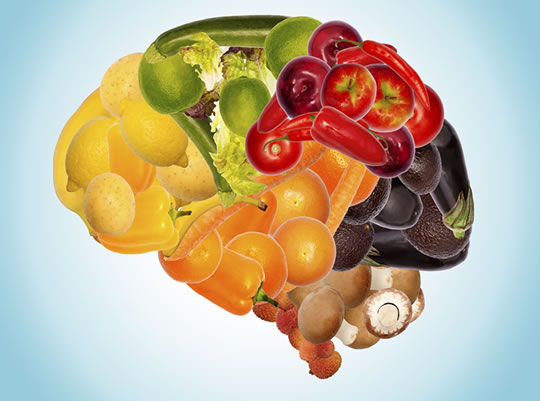Study of 3,718 older people found that, cognitively, some people’s brains were 5 years younger.
Eating vegetables — but not fruit — helps preserve memory, research finds.
The study of 3,718 people over 65 living in Chicago asked how often people ate particular foods and administered cognitive tests.
Professor Martha Clare Morris, who led the study, explained the results:
“Compared to people who consumed less than one serving of vegetables a day, people who ate at least 2.8 servings of vegetables a day saw their rate of cognitive change slow by roughly 40 percent.
This decrease is equivalent to about 5 years of younger age.”
Green leafy vegetables showed the strongest association with a better memory.
Older people in the study got the greatest benefit from eating more vegetables.
More than two servings of vegetables per day was linked to the slowest rates of cognitive decline in older people.
Professor Morris was surprised to find there was no link between fruit consumption and a preserved memory:
“This was unanticipated and raises several questions.
It may be due to vegetables containing high amounts of vitamin E, which helps lowers the risk of cognitive decline.
Vegetables, but not fruits, are also typically consumed with added fats such as salad dressings, and fats increase the absorption of vitamin E.
Further study is required to understand why fruit is not associated with cognitive change.”
The study was published in the journal Neurology (Morris et al., 2006).
Vegetable brain image from Shutterstock

